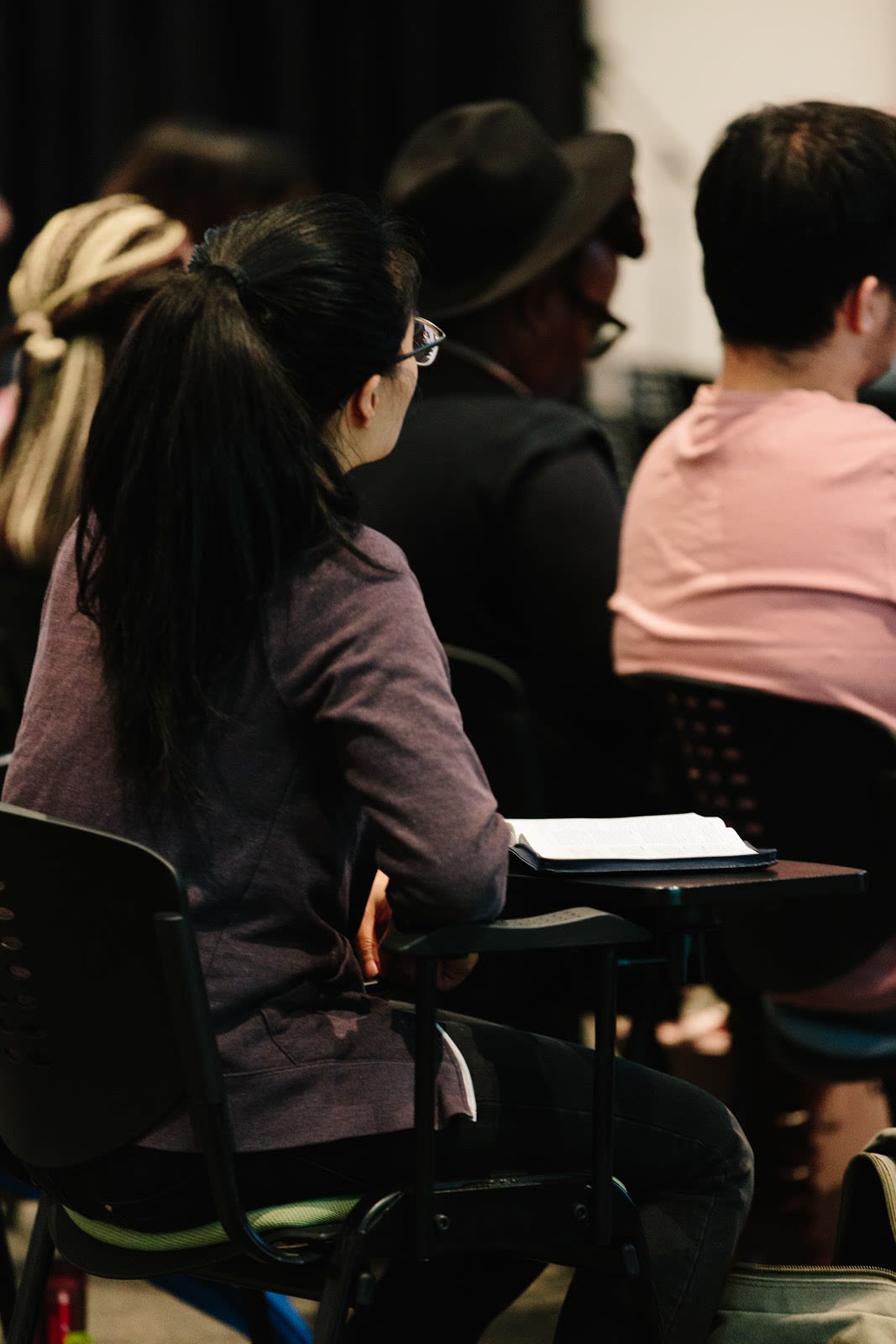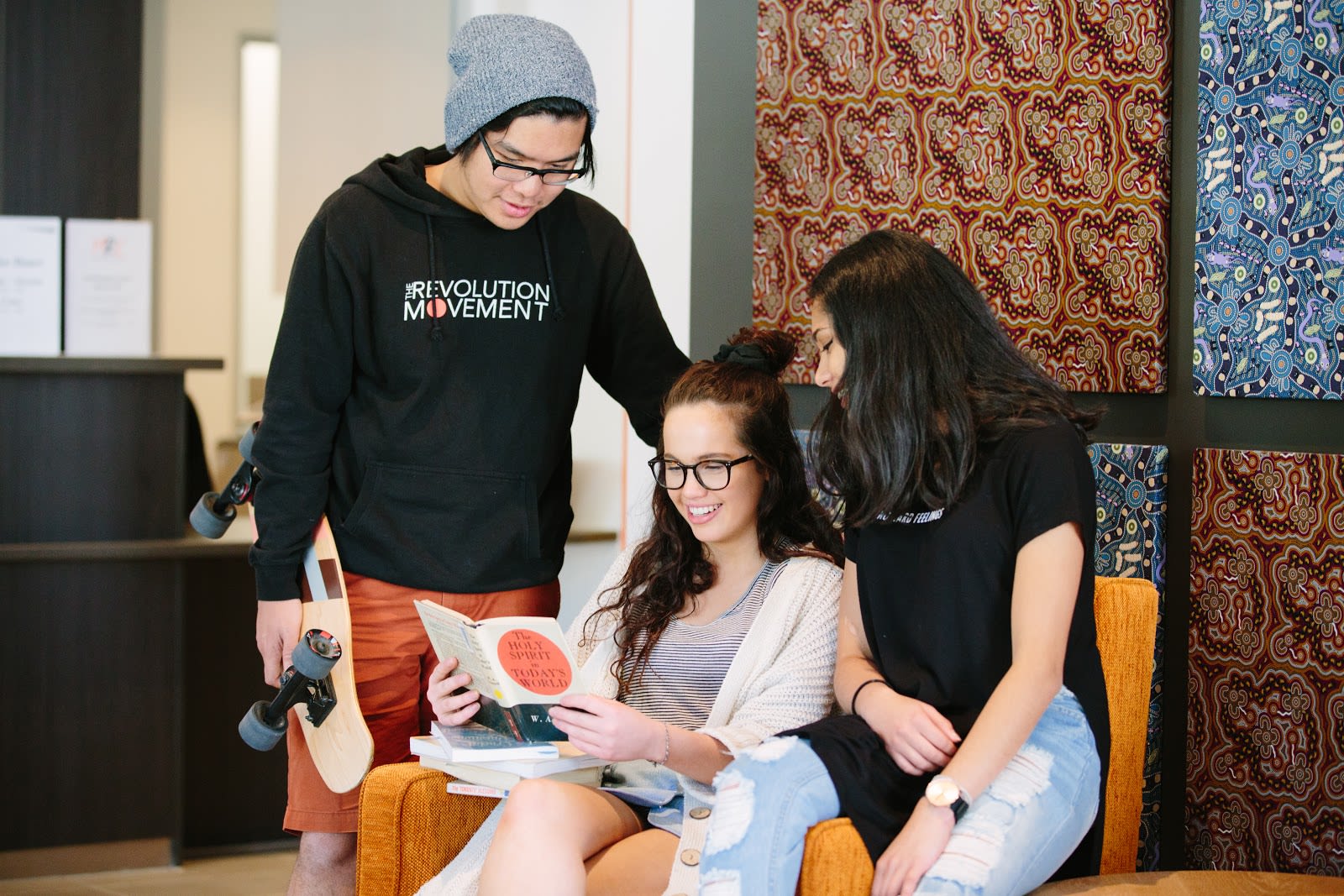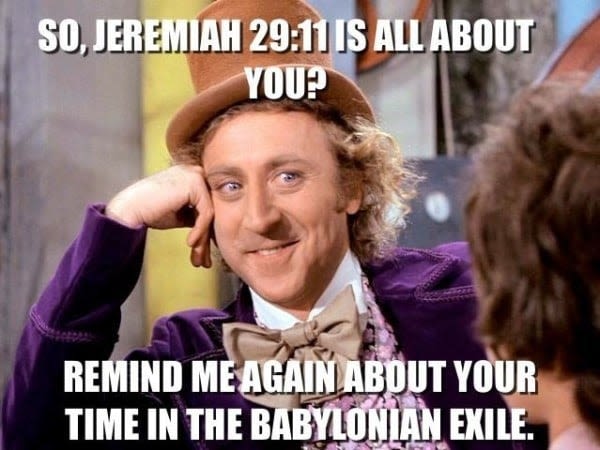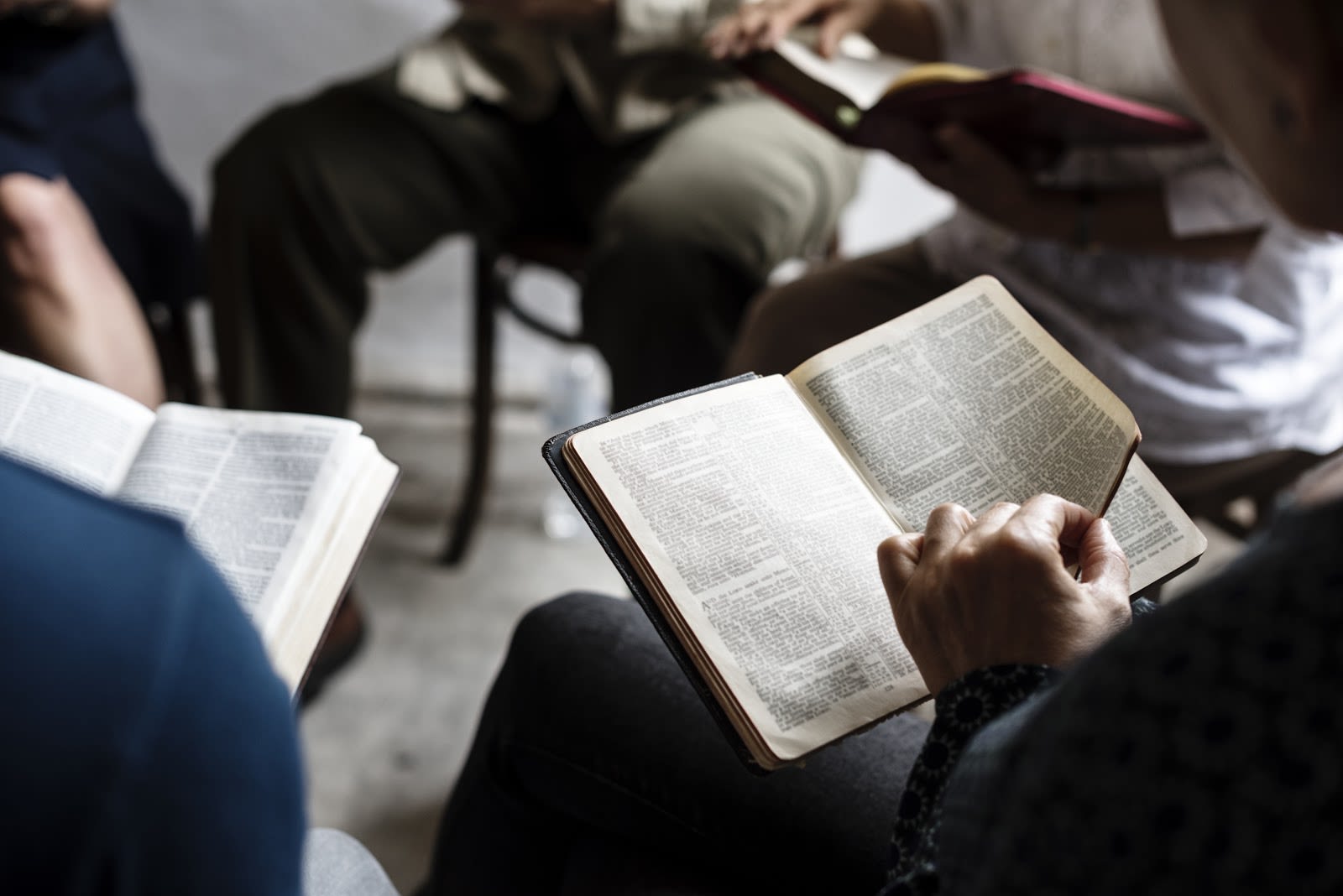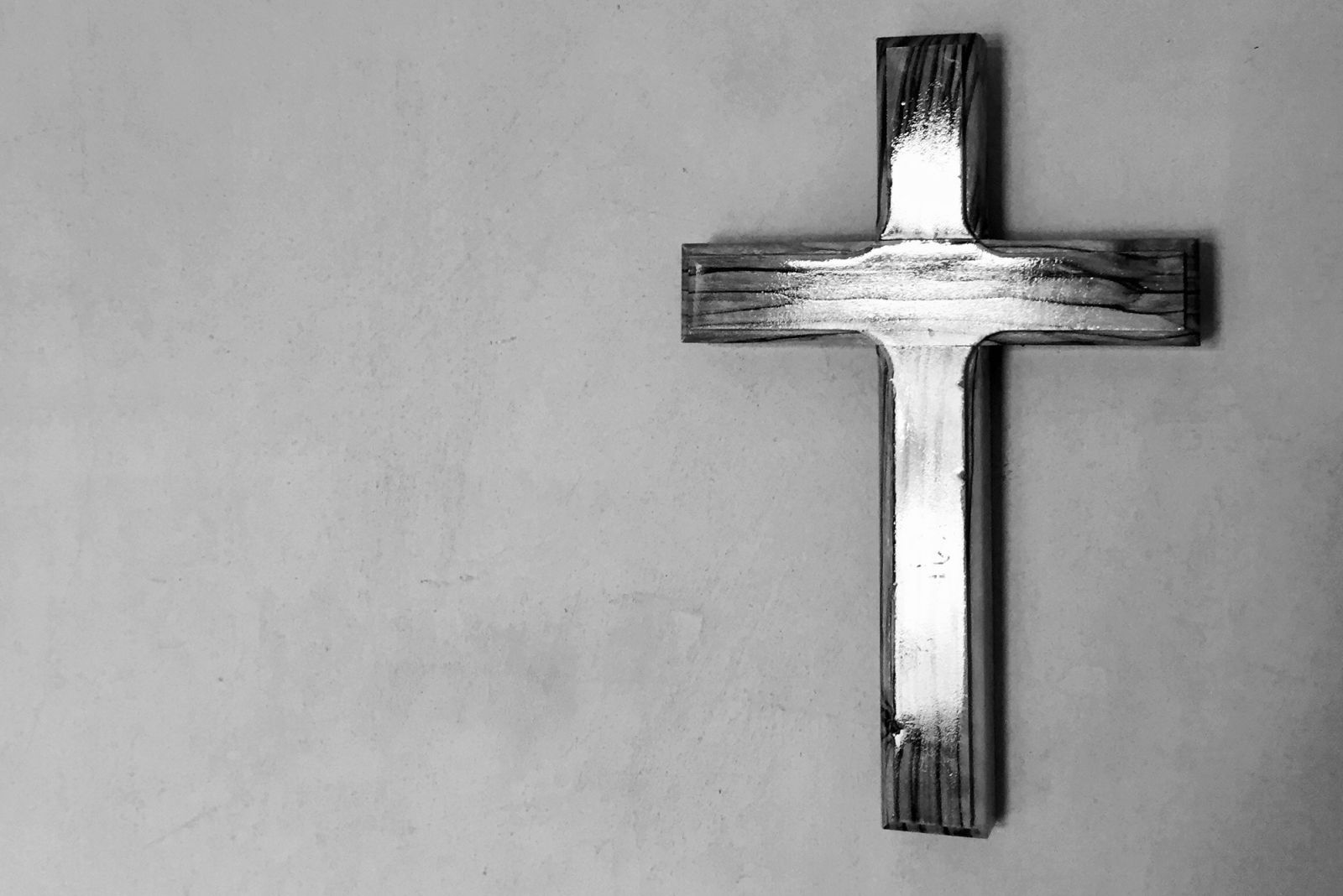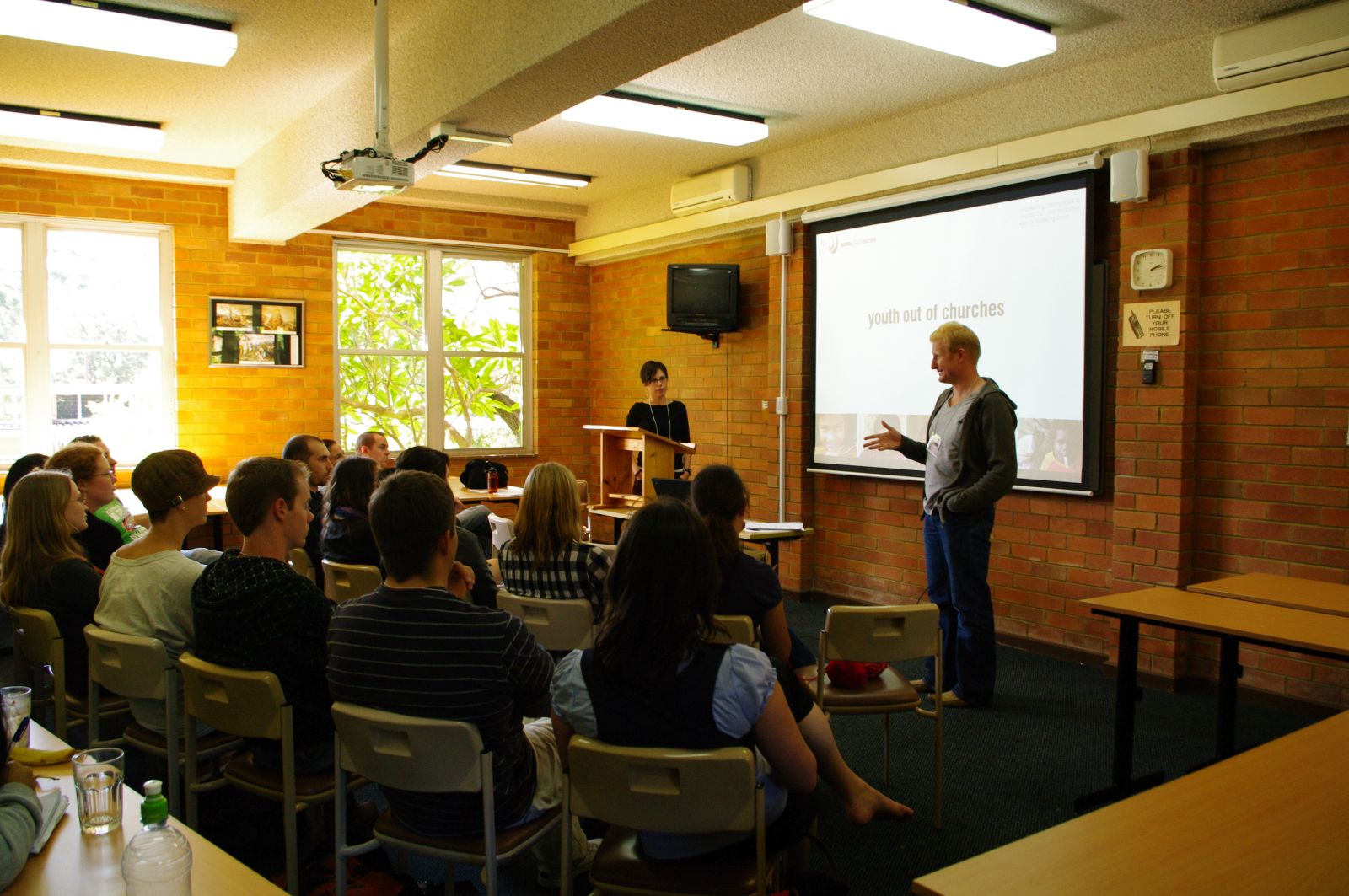Today thousands of people in Australia and New Zealand will gather to remember and commemorate those who have served and died in our armed forces. Stories will be retold of sacrifice and friendship, of a burgeoning sense of national identity, and of ongoing pride in what it means to be Australian. Friends and strangers will huddle together in the cold pre-dawn at local memorials, others will lean on make-shift barriers alongside roads to watch a march, or enjoy reunions at a RSL (Returned and Services Leagues) Club, or maybe even, on this “one day day of the year” bet on a game of two-up. The refrain ‘we will remember them’ will echo through the crowds and through our collective national consciousness. And somewhere in this big story of remembrance, we will tell our own story, our own memories; collectively or individually, whether this is your first Anzac Day or you have memories layered over decades and generations.
My memories and stories of Anzac Day are layered. They are personal. They may echo yours, or stand in stark contrast.
I remember trying to stand still in my designated row as a student at Anzac Day assemblies, aware of how my life was so different to the soldiers of the past standing at attention on similar parade grounds. I remember learning about chemical reactions as I followed the oil-stained Anzac biscuit recipe in our Women’s Weekly cookbook. I remember being drawn to the poems of Wilfred Owen more than Siegfried Sassoon’s. I remember teaching English and History during the 1990s; grappling with the damaging legacy of conflict on a family and society in Alan Seymour’s play The One Day of the Year just when Anzac Day commemorations were becoming popular again and preparing HSC students to grapple with the complex causes of World War One and Australia’s involvement in distant war. I remember exploring the significant role of women, both in the field of war and on the homefront. I remember walking through Commonwealth War cemeteries, pausing to read the epitaphs of love, faith, and separation chosen by bereaved family members. I remember backpacking through Turkey and making my pilgrimage to the tenuous strip of sand and imposing dunes of Anzac Cove. I remember straining to sing “Abide with me” with others at a dawn service, and on another Anzac Day drinking rum-laced coffee at a “gunfire” breakfast at the Australian Embassy in Seoul. I remember my grandmother being interviewed about her childhood, and learning how her life was impacted, like so many others, by history and circumstances out of her control.
What I don’t remember also shapes my story. I don’t remember asking my grandfathers, one who fought in the dry deserts of North Africa and the other in the steamy jungles of the Pacific, about how their identity was shaped by their experiences of war. I don’t remember being taught (or teaching) much about the injustices experienced by our First Nations soldiers when they returned from war to a country that accepted their service but not their culture. I don’t remember bringing my critical thinking skills to bear as well as I could to the Ode’s declaration that “age shall not weary them, nor the years condemn”. I don’t remember establishing year-long rhythms of prayer and advocacy for those impacted by war-related trauma. I’m thankful that I can rectify these memory gaps; to take time to reflect, to listen, to learn, to pray, to amplify the cries of the hurting so that they can be heard in the corridors of power and privilege.
I am also thankful for the time to pause and reflect on how this one day finds its rightful place in the much larger story of a God who not only remembers his people but calls us to remember him. Remembering is a practice of faith we do together, gathered as God’s people across generations and nations. We retell the story of God through history, we share personal anecdotes, we reminisce, we make sense of today, and look to the future. We are convicted by his Spirit to pay attention to the complex or overlooked aspects of our story. We repeat Jesus’ words “do this in remembrance of me” (Luke 22:19) and our memories and our stories find a home in the layers of God’s covenant faithfulness, of his love, and his call to mercy and justice. When dignitaries quote John 15:13, that “Greater love hath no man than this, that a man lay down his life for his friends”, we declare that this love is embodied fully and extravagantly in the sacrifice of Christ for his friends and his enemies.
May this Anzac Day be an opportunity for us to share the story that, in following Jesus, we find our identity, our peace, not in weapons and war, but in the power of his grace and faithfulness.






